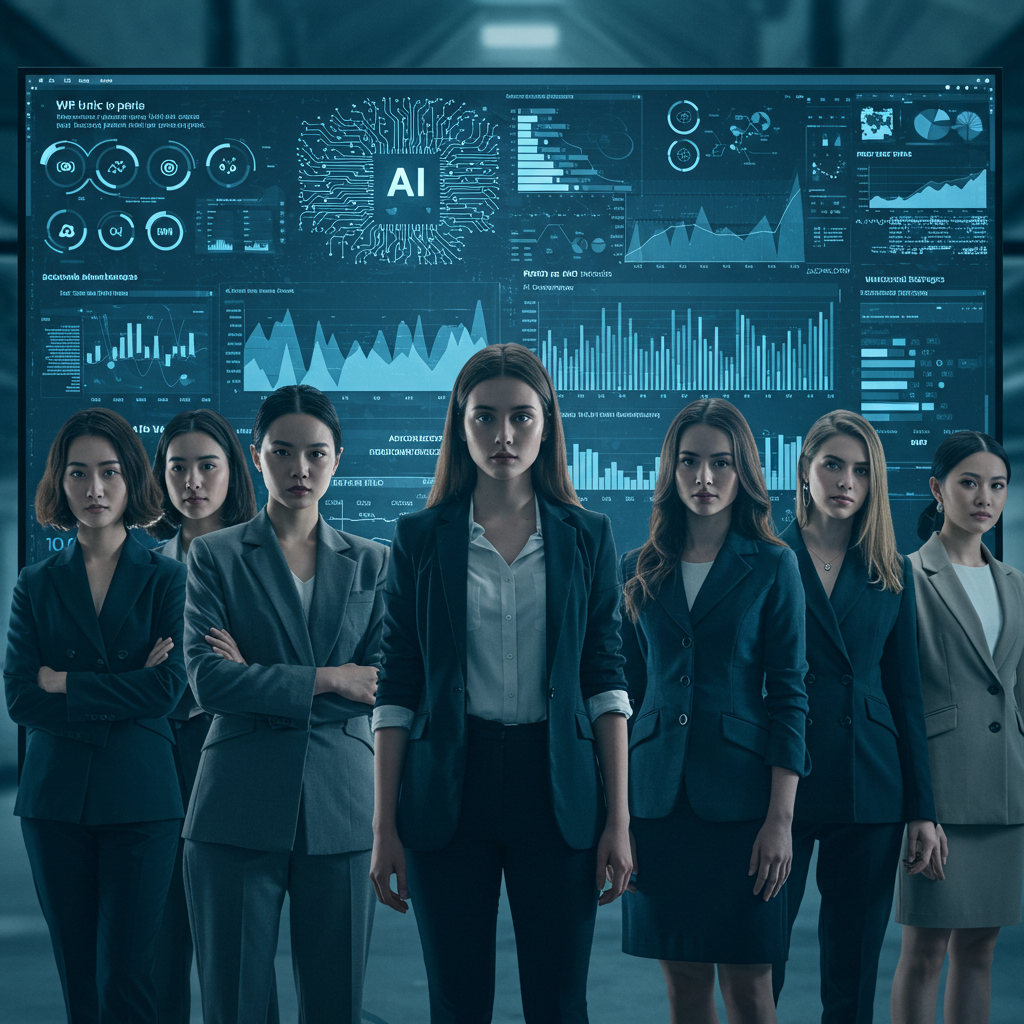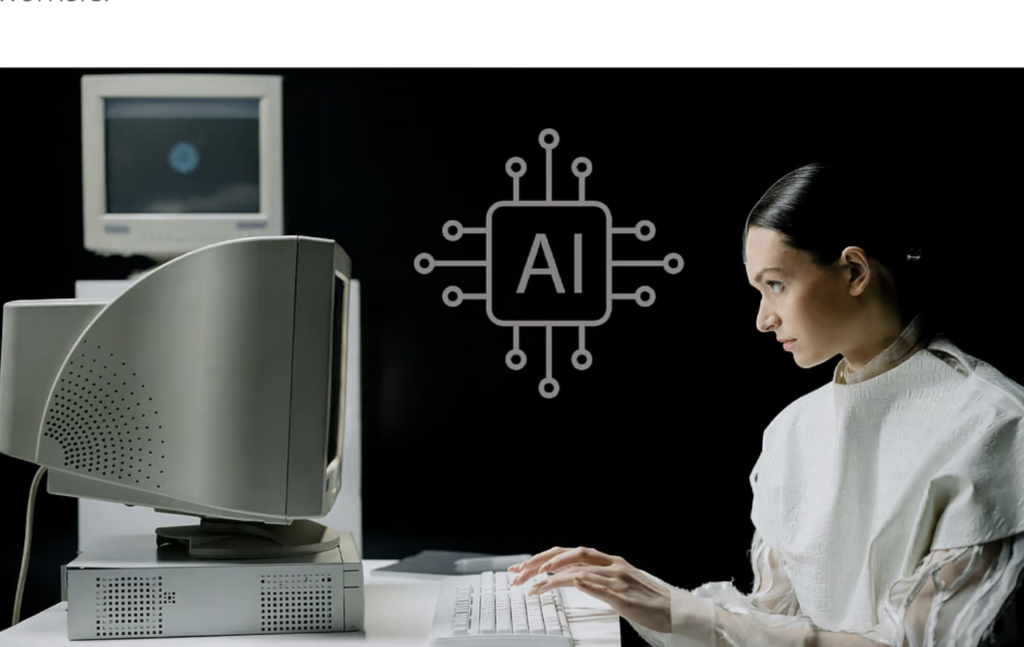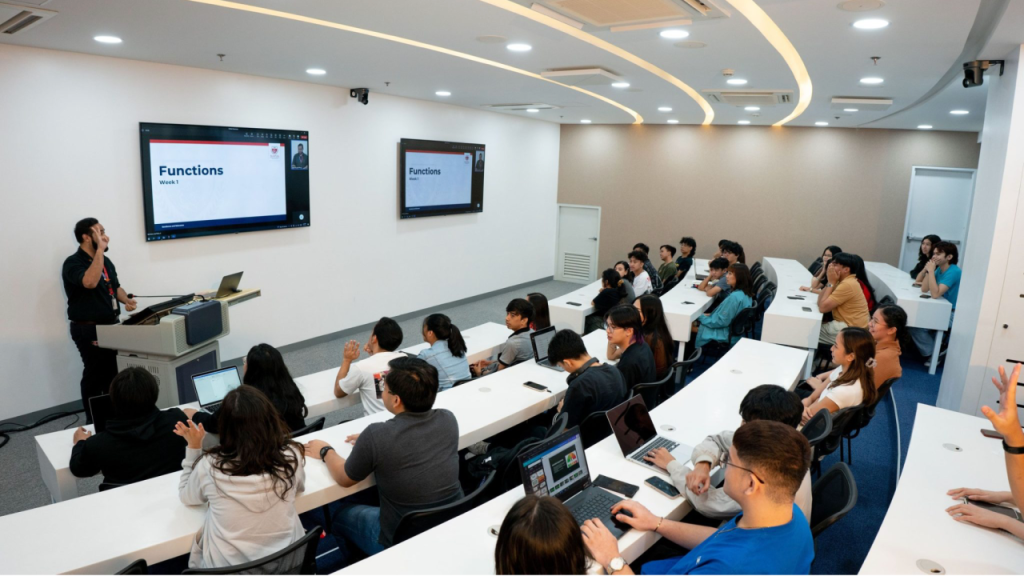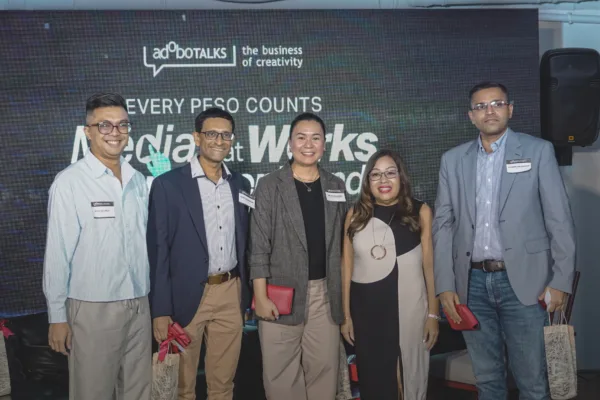Coursera bridging the global gender gap in Generative AI (GenAI) isn’t just a mission; it’s a necessity, and the Philippines is a crucial battleground in this digital revolution.

While the world grapples with the stark reality of women being significantly underrepresented in AI’s development, with global enrollments on Coursera at a mere 32%, the Philippines presents a unique and compelling narrative.
According the global online learning platform, Filipinas are now surging forward, displaying a remarkable appetite for these cutting-edge skills, yet the persistent gender gap demands immediate and targeted interventions.
Latest data reveals that the Philippines stands out in Southeast Asia, with Filipino learners recording the highest growth in GenAI enrollments in 2024. Notably, women’s enrollments skyrocketed by an impressive 818%, outpacing the already substantial 765% growth among men.
Furthermore, Filipinas constitute a significant 38% of GenAI learners on Coursera, exceeding the global average. This demonstrates a potent drive, a clear signal that the Philippines is ripe for AI innovation, provided the inherent challenges are addressed.
Coursera’s new playbook to dismantle barriers in GenAI education

Dr. Alexandra Urban, Learning Science Research Lead at Coursera
However, beneath this promising trend lies a disparity. While women constitute 51% of all learners in the country, their representation in the specialized field of GenAI remains disproportionately low. This disparity underscores the urgency of addressing the specific barriers hindering their full participation.
Coursera’s groundbreaking playbook, “Closing the Gender Gap in GenAI Skills,” unveiled earlier this March, offers a strategic roadmap to dismantle these barriers.
As Dr. Alexandra Urban, Learning Science Research Lead at Coursera, emphasizes, “We need a diverse and inclusive tech workforce to truly unlock the potential of AI. Empowering women in GenAI isn’t just a matter of equity; it’s a matter of innovation.”
The playbook delves into the root causes of this disparity, identifying critical challenges.
One key issue is the persistent confidence gap. Even with the impressive surge in Filipino enrollments, women often underestimate their abilities, hesitating to enroll in advanced GenAI courses. This leads to a preference for beginner-level programs, hindering their progress towards mastery.
The realities of balancing work and family responsibilities

Time constraints and a lack of clear career pathways also play a significant role. The realities of balancing work and family responsibilities, deeply ingrained in the Philippine context, often limit women’s time for upskilling. A BCG report further reveals that only 50% of women in the Philippines have exposure to technology before university, underscoring the need for clearer career pathways in AI.
Perhaps most concerning is the perception gap. Only 36% of women believe GenAI can advance their careers, compared to 45% of men. This highlights the need to reframe GenAI’s relevance, showcasing its applications in sectors like healthcare, education, and the creative industries, where Filipinas are strongly represented.
“As the global race towards AI literacy intensifies, expanding opportunities for women in GenAI, equipping them with these critical skills, and empowering them to lead in the digital economy remains an urgent priority,” emphasizes Karine Allouche, global head of Enterprise at Coursera. “By empowering more women, we can ensure AI is built by diverse voices, for the world.”
Coursera’s playbook offers actionable strategies tailored to the Philippine context, including:
- Early STEM Education: Emphasizing STEM education for girls from an early age is crucial for building a strong foundation for future AI careers.
- Role Models and Mentorship: Increasing the visibility of female role models in AI and providing mentorship opportunities can inspire and encourage more Filipinas.
- Accessible Learning: Providing flexible and accessible learning opportunities, such as online courses, can help women overcome time constraints.
- Building Confidence: Providing structured, accessible entry points and fostering a supportive learning environment.
- Clarifying Career Pathways: Demonstrating the practical applications of GenAI and offering clear guidance on skill development.
- Highlighting Relevance: Showcasing real-world case studies and interdisciplinary applications in diverse fields.
Providing universal access to world-class learning

Coursera’s mission, since its inception in 2012 by Andrew Ng and Daphne Koller, has been to provide universal access to world-class learning.
By empowering Filipinas with the skills and confidence to thrive in the GenAI landscape, Coursera is not just addressing a gender gap; it’s investing in a more equitable and innovative future for the Philippines and the world.
Earlier this year, global giant in online learning entered into a partnership with iPeople Inc., a powerhouse in the Philippine education sector, in an effort to triple its reach and extend AI-powered education to 45,000 students annually, up from the previous 15,000.
The partnership will empower students across iPeople’s six institutions, including the prestigious Mapúa University, to earn up to 30% of their academic credits through Coursera courses. This integration of industry-recognized micro-credentials and flexible academic pathways aims to bridge the gap between academia and the demands of the modern workforce.
Check out this link to learn more about the new playbook: https://www.coursera.org/enterprise/resources/ebook/genai-gender-gap.





